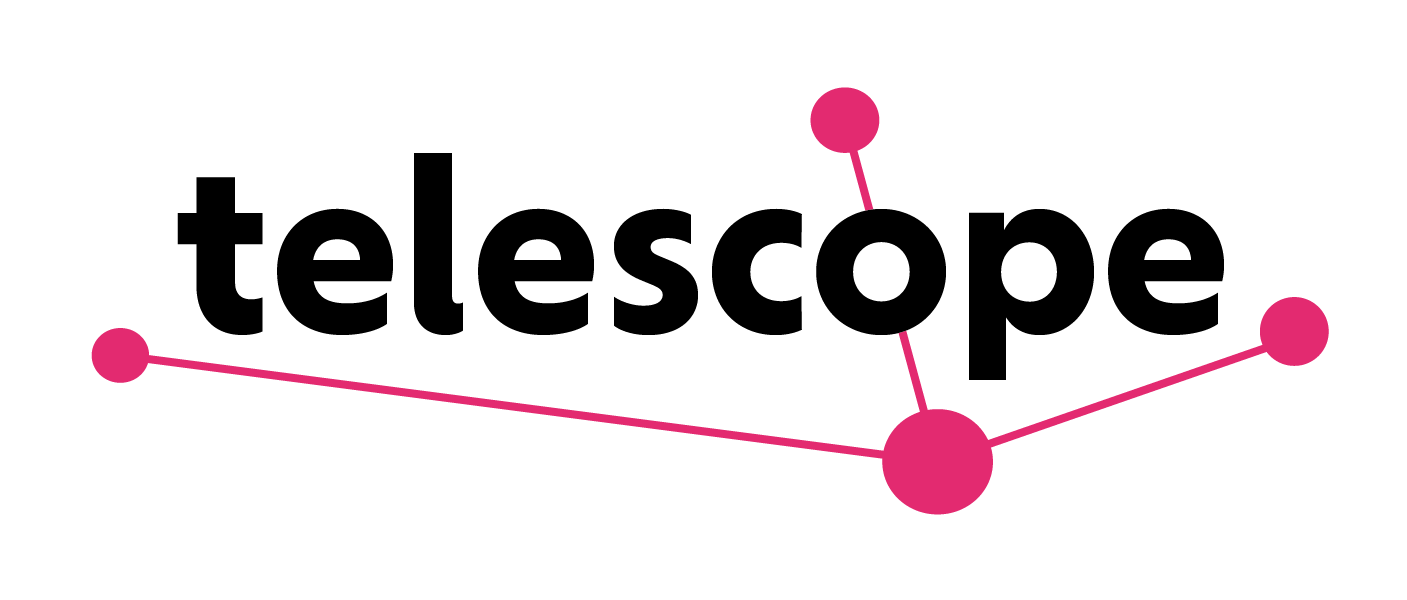Building back better - and doing it well
Partnerships, collaborations and inspiration from others are all vital to our continuing work at Telescope. Last year, we interviewed Claire Yorke about empathy. As we reach the end of January, we were delighted to get a chance to hear from Simon Ancona, Chief Executive of WIG. Here, he shares his thoughts on learning from lockdown, as well as the dangers for society of a binary debate between economics and COVID resilience.
There is an actual thing called 'dislocation of expectation'. In effect, it's a fancy way of describing the impact of disappointment and the introduction of surprise elements of uncertainty. Not unlike the result of training for a half marathon and then being told one metre from the line that it is actually a full marathon. I think that's how a lot of people feel now. The taste of a little easement before additional restrictions re-imposed and the realisation that this could go on for longer than expected, and if a vaccine isn't developed will have to be managed as a genuine new normal. The danger of a transition from 'working from home' to 'living where you work'.
WIG as a small and tight-knit organisation transitioned very well earlier in the year and pivoted its offerings quickly and efficiently. Like every organisation, there were elements of systems, processes and above all people. There was a bit of a ‘blitz’ spirit and a sense of existential threat which drove people together. We quickly recognised that what we were actually chewing into was the established relationships and team spirit that had been built up when we operated close to each other in a more normal physical environment. This bank balance of relationships isn't infinite and, despite the restrictions, topping it back up again has become a priority. Not least because a whopping 16% of the workforce is new since lockdown (ok that's only 5 people, but still).
The greatest impact for WIG in terms of our output has been felt in those areas where face-to-face is important or essential - for example, the benefits of networking in the margins of our events, and where a level of personal trust and candour is required within our leadership programmes. As for the rest, the three fundamental truths of collaboration have not gone away: no one can know it all; collaboration generates better solutions (proven fact); and it more generally unites people than divides them. So the demand and the need remain. Mentorship, secondments, leadership training, briefings and round-table discussions continue, albeit faced with the different dynamics and in some cases, fatigue brought on by screen time.
On the upside, the organisation has never been as innovative as it is now. Certain initiatives around digitising our output have leapt ahead, and a dedicated 'innovation workstream' in the organisation has encapsulated this new spirit.
In terms of what we are hearing from our members, there are universal challenges. How do you maintain trust at a time when truth lasts a day? How do we both acknowledge and deal with fragmentation, the increasing ‘them and us'? Here we could look at the difference in the generations, those who have employment certainty and those that do not, those that must travel to a place of work and those that can work at home, those that can accommodate working from home easily and those with other pressures, those that suffer no mental wellbeing issues and those that are more susceptible to them, and many more.
There are also other sources of anxiety magnified through our current circumstances (climate change, EU exit and recession more broadly, existing loneliness and isolation). How do we read people's mental wellbeing remotely and when deprived of workplace contact? Where are people finding support?
Leadership is more important, not less so just because it is more difficult to develop at the moment. There is no end of pithy lists that aim to encapsulate leadership ethos, traits or skills (put any number from 1-20 next to ‘leadership’ in Amazon search) . Nevertheless there are four things we have identified as common denominators from talking to members: recognise where you are - is it urgent crisis, medium-term threat, longer-term difficulty, or a combination? Know thyself and others - the state of the leader and the state of those they are leading – do you really know? Keep close to people but set them free - delegation is an art but done well it generates the ultimate win/win. It’s not the plan but the planning – never fall in love with a plan, but instead have a system that constantly asks: what now? What next? What if?
We all look forward to a post-COVID world. I think we all also hope that 'build back better' is not merely a political slogan and many of the lessons that are being so painful to learn will stay with us as a society, particularly if a binary debate between economics and COVID resilience risks drowning out some of those.
